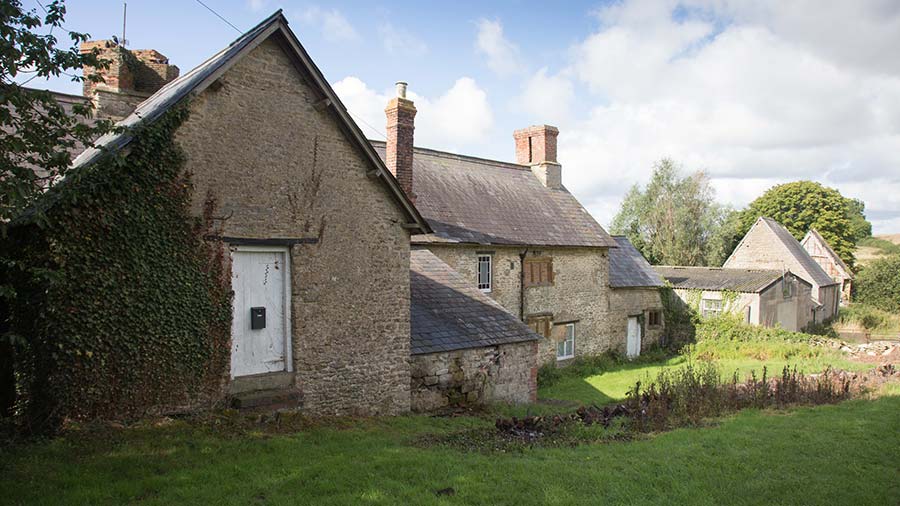Opinion: Rural people are just as exposed to the cost-of-living crisis
 © Tim Scrivener
© Tim Scrivener Talk of the cost-of-living crisis is everywhere. Food prices are skyrocketing and research from the Food Foundation suggests two million adults can’t afford to eat every day – an increase of 57% in three months.
The figure makes for sobering reading, and predictions about winter energy price rises suggest it will only get worse.
Last month, NFU president Minette Batters penned an open letter to the next prime minister, pointing out that global famine is a real possibility thanks to the situation in Ukraine and changing weather patterns. It was shared on Twitter by Jeremy Clarkson.
See also: Rabi extends family aid as cost-of-living crisis bites
I know that Twitter is a lightning rod for a certain type of debate, but the vitriol hurled back at farmers shocked me.
“The British public are getting tired of farmers banging on about another crisis whilst perched in their £100k Range Rover or Lamborghini,” said one tweet.
“No sympathy for farmers whatsoever, they’ve had grants over many years for digging ponds and planting woodlands,” said another.
Farmers are made to feel ashamed of making a profit from food production, yet they are also demonised for trying to support their income by claiming environmental grants.
There is also little recognition of the fact that, whether you agree with them or not, subsidies were designed to keep food affordable for the public.
It is fine for the public to be worried about their financial situation, but still drive a nice car or go on a package holiday, but farmers aren’t afforded the same generosity of spirit.
In my experience, farmers are uniquely at the coal face of the cost-of-living crisis in their businesses and their personal lives.
Unlike the energy giants who are recording record profits off the back of this unprecedented set of events, their input costs are rising exponentially.
The Royal Agricultural Benevolent Institution launched a “back to school” grant this summer to support families with the cost of school uniform and other essentials, but demand was so high that it had to be refunded.
For the majority of ordinary farming families, stereotypes of Range Rovers and private schools are far from the truth.
Many are struggling to get by, just as fearful of food and energy prices rises as the rest of the public, especially those who live in draughty old farmhouses with outdated heating systems.
I’m proud to produce milk, a great value and high-nutrition food for the British public.
What we need more than ever is for the government to recognise the importance of home-produced British food, for a wide range of reasons, including public health, the environment, and economic reasons.
During the Covid lockdowns, food literally kept people going. Preparing meals gave structure to the day, something to look forward to and a talking point within families.
If this winter is going to be as bad as the media suggests, we may need to return to a kind of war-time spirit.
This could be a good thing if people relearn how to use ingredients thriftily, cook from scratch, and really value their food.
We are all in this together, with rural and urban people facing the same struggles when it comes to increasing costs.
Food bridges the gap – we all need to eat – and a thriving agricultural industry that provides affordable food is an essential part of solving the cost-of-living crisis.
I hope the new prime minister will recognise this before it is too late.

